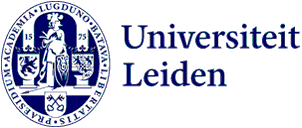
No hunger, and not too much global warming? Current UN plan misses opportunities
The United Nations fall short in their recently published guide to address hunger without surpassing the 1.5-degree climate threshold. This initial version is a significant step, according to a group of researchers including those of Leiden University. However, they miss an essential topic: reducing animal-sourced food consumption.
Animal agriculture accounts for nearly 60 perfect of food system emissions, and 12 to 20 percent of global greenhouse gas emissions. According to the researchers, it is therefore crucial to limit this form of agriculture. However, the UN Food and Agriculture Organization (FAO) does not provide recommendations on this in their global roadmap. Not even in countries where animal products are excessively consumed.
From animal welfare to climate impact
To reach this conclusion, various experts shed light on a broad range of disciplines, such as climate policy and public health. Laura Scherer, a researcher at the Leiden Centre for Environmental Sciences (CML), contributed with her expertise in animal welfare, nutrition, and climate impact. She also explored opportunities for carbon removal. Paul Behrens, another researcher at CML, shared his knowledge of climate impact.
Want to know more?
Check out the complete press release on the Stockholm Environment Institute US website, the lead researchers in this commentary.
You can find the researchers’ entire commentary in Nature Food.
International collaboration
This research is a collaboration between Stockholm Environment Institute US (USA), Harvard Law School (USA), Pratt Institute (USA), Universidade Federal de Santa Catarina (Brazil), Utrecht University (the Netherlands), New York University (USA), and Leiden University.
Header photo: Diego San (Unsplash)
